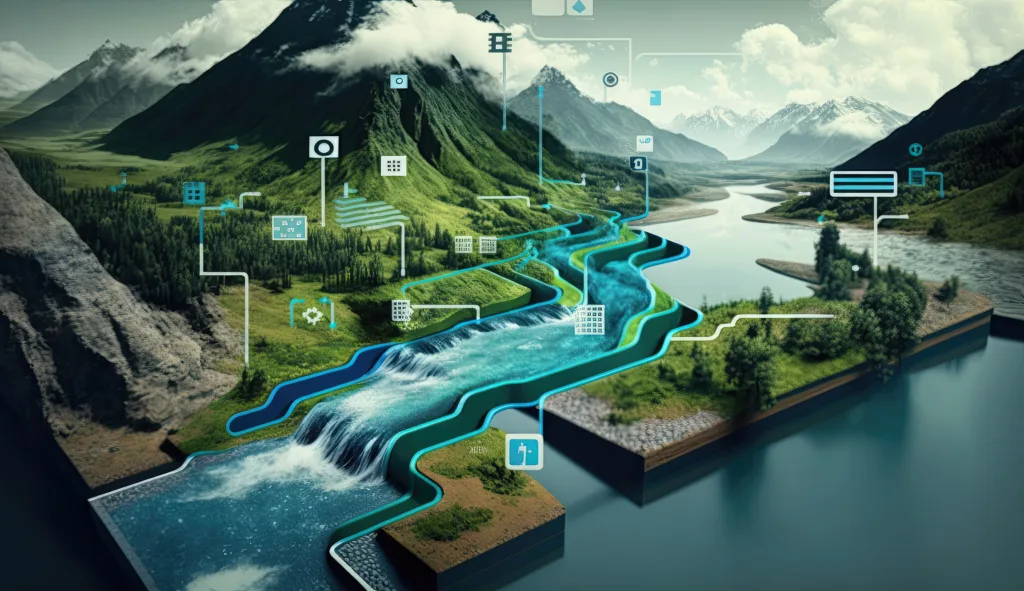
As the world increasingly focuses on environmental conservation, sustainable and eco-friendly water storage solutions have gained immense importance. With climate change, resource depletion, and pollution threatening global water supplies, adopting responsible water storage practices is crucial. This article explores the significance of sustainable water storage and the eco-friendly methods that contribute to preserving this essential resource.
The Importance of Sustainable Water Storage
Water is a finite resource, and ensuring its proper storage plays a critical role in conservation efforts. Unsustainable water storage methods, such as excessive plastic usage and improper containment, lead to environmental degradation and waste. Sustainable water storage minimizes pollution, reduces reliance on non-renewable resources, and helps communities manage water efficiently for long-term usage.
Eco-Friendly Water Storage Solutions
Rainwater Harvesting Systems
One of the most effective methods of sustainable water storage is rainwater harvesting. This involves collecting and storing rainwater for various purposes such as irrigation, cleaning, and even drinking after proper treatment. Rainwater harvesting reduces dependence on groundwater, lowers water bills, and promotes resource conservation.
Stainless Steel & Glass Water Tanks
Traditional plastic water tanks contribute significantly to pollution and environmental harm. Instead, stainless steel and glass tanks provide a durable, non-toxic, and recyclable alternative for storing drinking water. Stainless steel tanks are corrosion-resistant, while glass preserves water purity without leaching chemicals into the stored water.
Biodegradable Water Containers
For portable storage, biodegradable water containers made from plant-based materials offer an eco-friendly substitute for conventional plastic bottles. These containers break down naturally without harming the environment, reducing plastic waste and pollution.
Solar-Powered Water Purification Systems
Sustainable water storage goes beyond just containment—it also involves purification. Solar-powered water filtration and purification systems ensure clean water while reducing reliance on electricity from fossil fuels. These systems help maintain safe drinking water while minimizing carbon emissions.
Natural Underground Reservoirs
Some communities utilize underground reservoirs for water storage, preserving natural ecosystems while ensuring water availability. Unlike artificial storage solutions, underground reservoirs prevent evaporation losses and keep water at stable temperatures, reducing contamination risks.
The Role of Sustainable Infrastructure in Water Conservation
Governments and organizations worldwide are adopting sustainable water storage technologies to combat water scarcity and environmental degradation. Smart water management, infrastructure investments, and eco-friendly materials are helping improve water security. Additionally, individuals can contribute by choosing environmentally responsible water storage options in their homes and workplaces.
Conclusion
Sustainability and eco-friendly water storage are essential components of global water conservation efforts. From rainwater harvesting systems and stainless steel tanks to solar-powered purification, adopting responsible storage solutions ensures the long-term availability of clean water. As environmental challenges continue to rise, making informed choices regarding water storage can significantly impact the planet and future generations. By prioritizing sustainable practices, we pave the way for a healthier and more resilient world.


